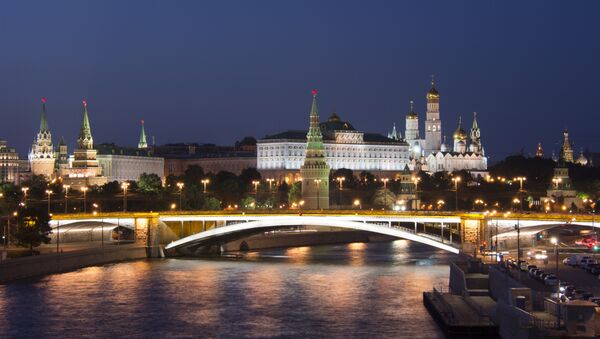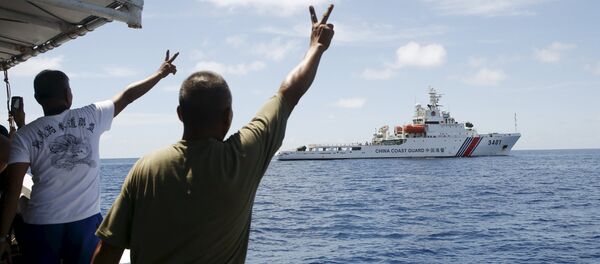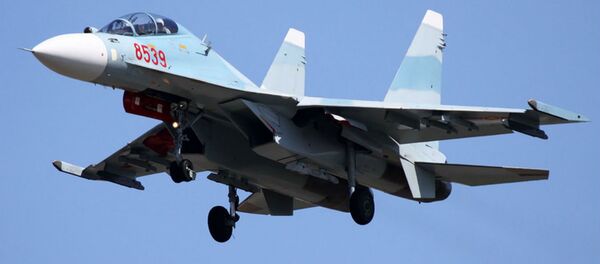Russia is "a nuclear-armed state that occupies vital geopolitical space in northeast Asia and plays a pivotal role in Asia's overall power balance," the senior fellow at the Foreign Policy Research Institute observed.
"Russia could emerge as an independent balancing or even peacekeeping force in the region, contributing to resolution of festering disputes over the South China Sea, the Korean peninsula and elsewhere," he added.
Pyongyang's increasing assertiveness with regard to its nuclear aspirations is a case in point.
Moscow "is well positioned to contribute substantially to international deliberations over the Pyongyang's nuclear weapons program. Russia shares a border with North Korea, has long experience in dealing with successive Kim regimes, and maintains multiple points of leverage that could be used to restrain the North's nuclear ambitions," the analyst explained.
Tensions over North Korea's nuclear and ballistic missile programs escalated in early January when Pyongyang announced that it had successfully carried out a hydrogen bomb test and put a satellite into orbit. These moves violated UN Security Council resolutions and prompted the United Nations as well as the United States to impose sanctions on the country.




